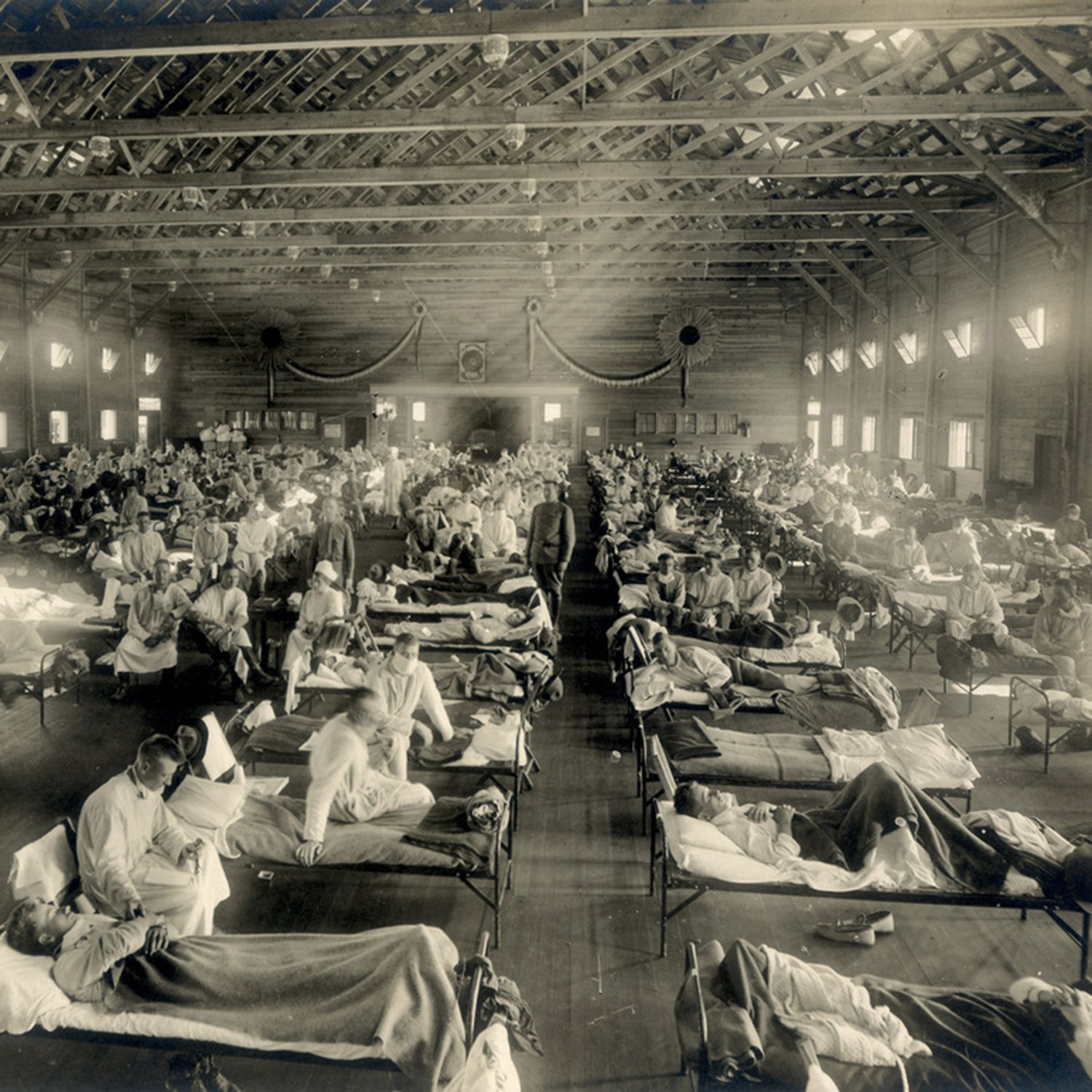- History
- SEE MORE
- classical
- general
- talk
- News
- Family
- Bürgerfunk
- pop
- Islam
- soul
- jazz
- Comedy
- humor
- wissenschaft
- opera
- baroque
- gesellschaft
- theater
- Local
- alternative
- electro
- rock
- rap
- lifestyle
- Music
- como
- RNE
- ballads
- greek
- Buddhism
- deportes
- christian
- Technology
- piano
- djs
- Dance
- dutch
- flamenco
- social
- hope
- christian rock
- academia
- afrique
- Business
- musique
- ελληνική-μουσική
- religion
- World radio
- Zarzuela
- travel
- World
- NFL
- media
- Art
- public
- Sports
- Gospel
- st.
- baptist
- Leisure
- Kids & Family
- musical
- club
- Culture
- Health & Fitness
- True Crime
- Fiction
- children
- Society & Culture
- TV & Film
- gold
- kunst
- música
- gay
- Natural
- a
- francais
- bach
- economics
- kultur
- evangelical
- tech
- Opinion
- Government
- gaming
- College
- technik
- Jesus
- Health
- movies
- radio
- services
- Church
- podcast
- Education
- international
- Transportation
- Other
- kids
- podcasts
- philadelphia
- Noticias
- love
- sport
- Salud
- film
- and
- 4chan
- Disco
- Stories
- fashion
- Arts
- interviews
- hardstyle
- entertainment
- humour
- medieval
- literature
- alma
- Cultura
- video
- TV
- Science
- en
Past Pandemics: What Can We Learn That May Help Us Today?

For several weeks, nothing has dominated national and international headlines more than the coronavirus. As of this week, authorities have identified approximately 113,000 cases worldwide, more than 4,000 deaths have been reported and the WHO is now calling the coronavirus outbreak a global pandemic.\xa0\n
\n\nThe coronavirus might be new. But this is by no means the first time that America and the world have been in the grips of a deadly virus. Over a century ago, Spanish influenza caused a global pandemic, spread in large part by soldiers returning home from the First World War. The virus killed between 50 and 100 million people. But the story of the virus, and the lives it affected, has often been forgotten. \xa0\n
\n\nBack in 2018, BackStory looked at the history of Spanish influenza in an episode titled \u201cForgotten Flu: America and the 1918 Pandemic.\u201d So in the wake of ongoing concerns about coronavirus, Ed revisits a couple segments from that show, to learn about how people from the past dealt with a terrifying and unpredictable virus.\xa0
\n
\nMusic:\n\nHip Hop Piano Lounge by Bobby Cole/Audioblocks\n\nSad and Reflective Hip Hop by Bobby Cole/Audioblocks\n\nLight and Laid Back Rap Beat by Bobby Cole/Audioblocks\n
\n\nFighting the Flu\xa0\n
\n\nBrian and historian Nancy Bristow explore the medical community\u2019s response to the 1918 pandemic, and their inability to understand the virus.\xa0\n
\n\nMusic:\xa0\n\nOnes Left Behind by Ketsa\n
\n\nOnce and Future Flu\n
\n\nBrian speaks with virologist John Oxford about how the 1918 influenza pandemic spread worldwide and why scientists think we should prepare for another pandemic.\xa0\n
\n\nMusic:\n\nLive With No Fear by Ketsa\n
\n